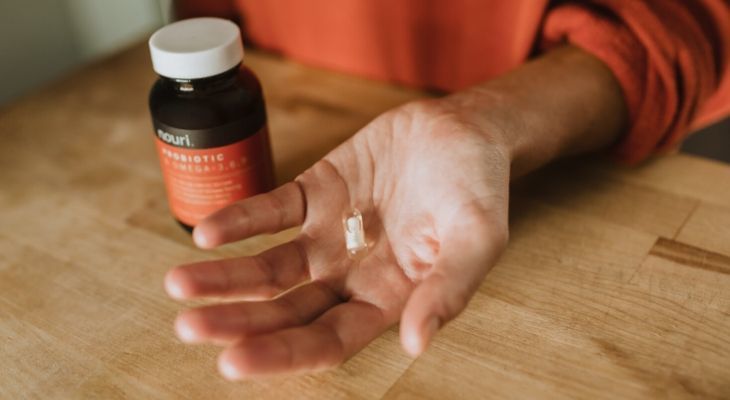Your Dream Team for Gut Health
You probably know they’re good for digestive health, but what else do you know about probiotics and prebiotics? A leading dietitian offers all you need to know.
Kara Landau is an accredited practising dietitian and founder of Uplift Food who says her mission is to help get the word out about prebiotics. Here, she explains why both ‘biotics’ are your dream team for gut health and essential for general wellness.
Probiotics have long been associated with good gut health, but more recently prebiotics have entered the picture. What’s the relationship between the two?
The International Scientific Association for Probiotics and Prebiotics (ISAPP) defines probiotics as live microorganisms that can provide a health benefit when taken in adequate amounts. Prebiotics aren’t live but rather act as a fuel for the probiotics. The Global Prebiotic Association is clear that for an ingredient to be classified as ‘prebiotic’ it must be able to be utilised by the bacteria in or on your body and result in a health benefit. The two are a team that work together to create a positive gut environment.
Is it necessary to take probiotic and prebiotic supplements or can you get what your body needs from the food you eat?
Many foods containing probiotics may not bring about a probiotic benefit in your body. They may not be consumed in levels to bring a benefit, or they may not make a way through your acidic digestive system to the part of your gut they are needed. Many of the richest sources of prebiotics are foods that are no longer consumed in abundance in today’s diet, such as chicory root, dandelion greens and Jerusalem artichokes.
As newer functional foods become available on the market, it is likely they can meet some of the probiotic and prebiotic requirements of the body. Yet, based on the foods that are commonly consumed, there is a place for supplements.

Kara Landau at Naturally Good 2018
Can you take them together?
You most certainly can. A probiotic and prebiotic supplement added to your routine can support a healthy make-up of good bacteria in your gut. Poor dietary habits, stress, medications and toxins in the environment can negatively impact the gut bacteria and result in dysbiosis, which can lead to inflammation in the body and myriad associated health conditions. A good probiotic supplement to help boost the good bacteria, together with a prebiotic supplement to support the bacteria already there and encourage it to thrive, improves gut health and overall wellness.
Recent research has shown a connection between gut health and general mood. What role do biotics play in that?
When you consume a gut-healthy prebiotic-rich diet, the probiotics in your gut are able to ferment them. The by-products of this fermentation can stimulate the release of serotonin from the gut as well as reduce the inflammatory stress signals going to your brain. A lot of research into the gut/mood connection led me to found Uplift Food, the world’s first dietitian-created functional food brand focusing on the mood-supportive benefits of gut-health prebiotics.
-
Enquire!
- Book a stand
